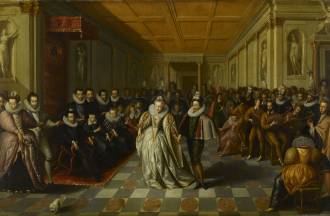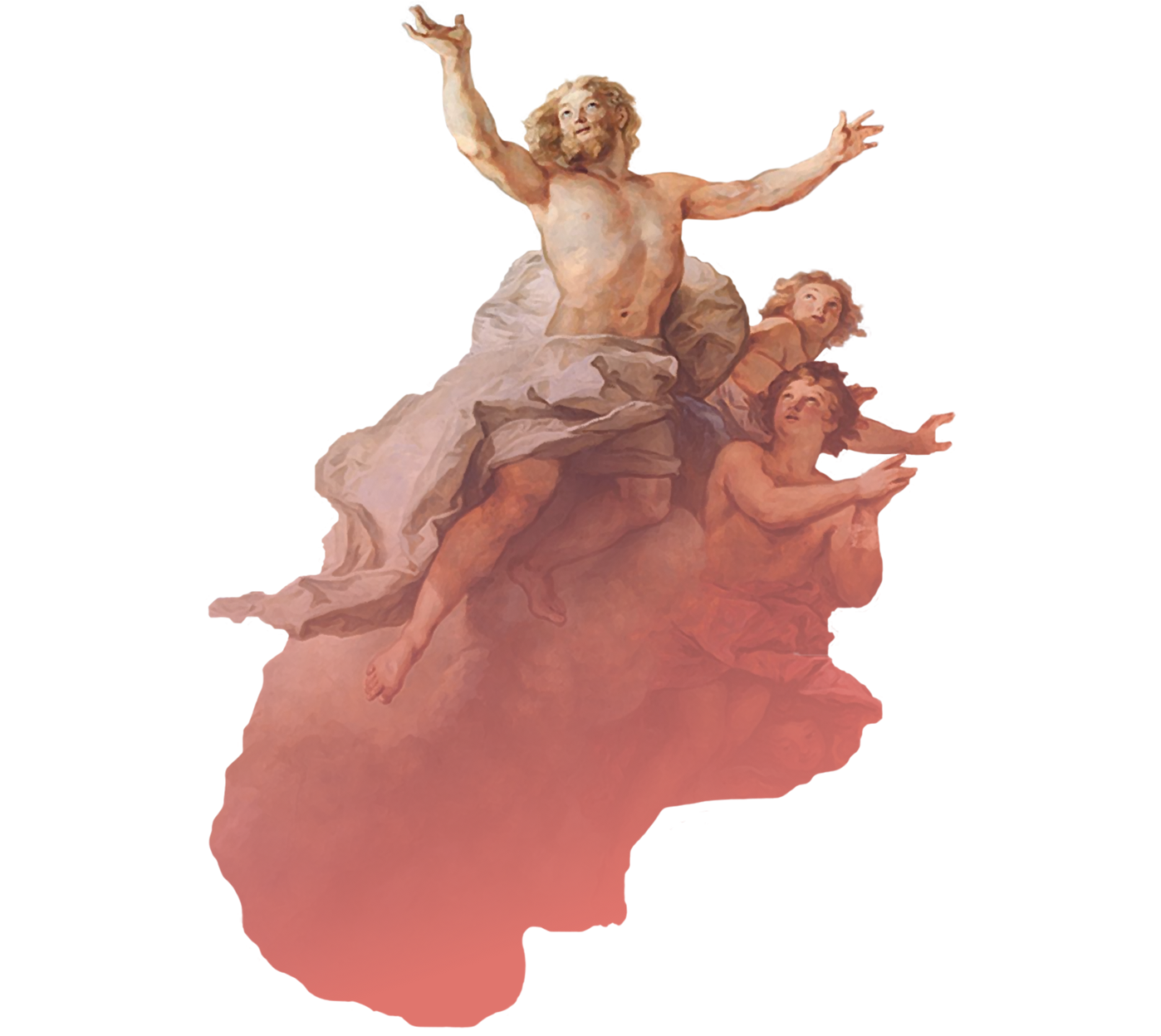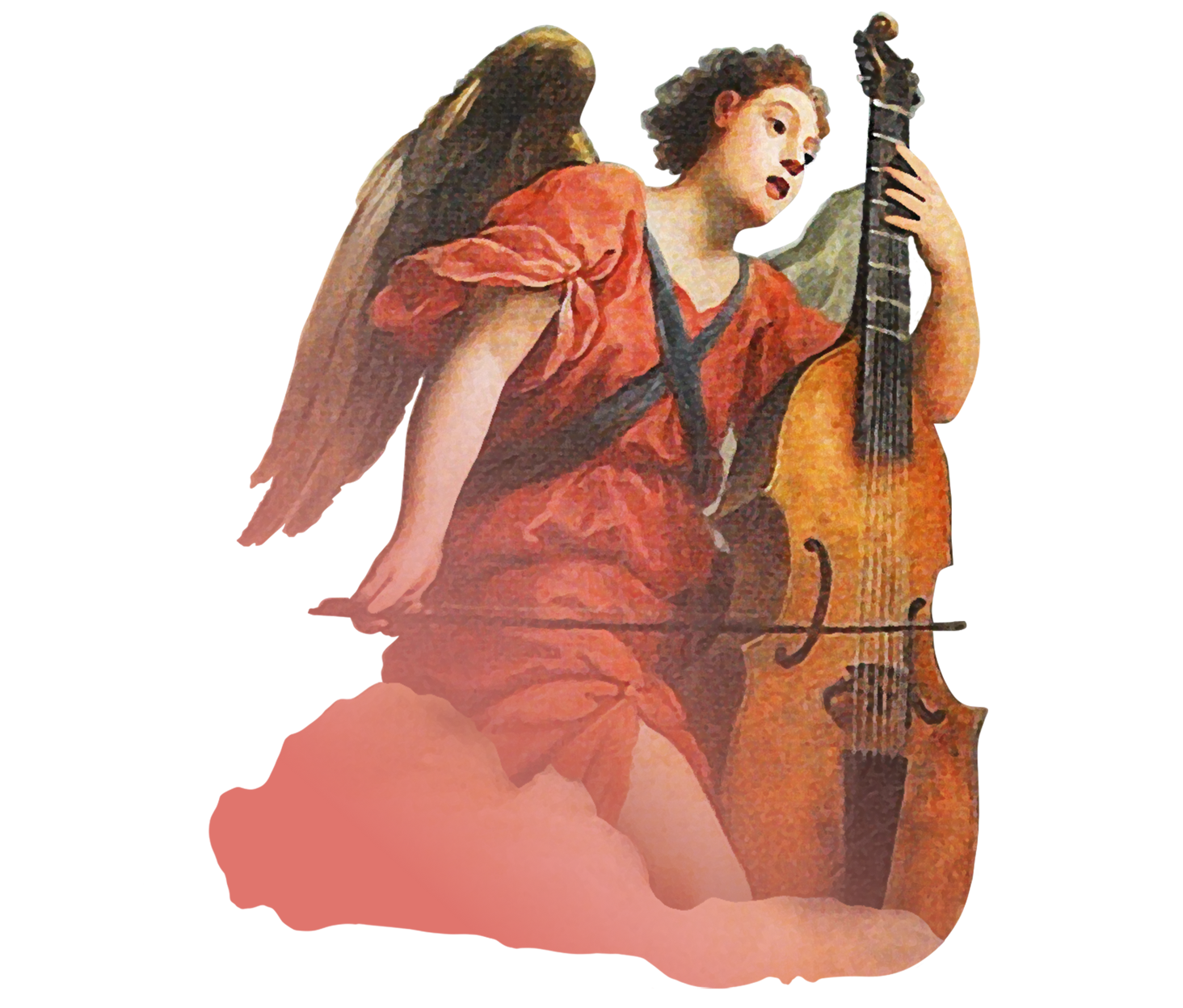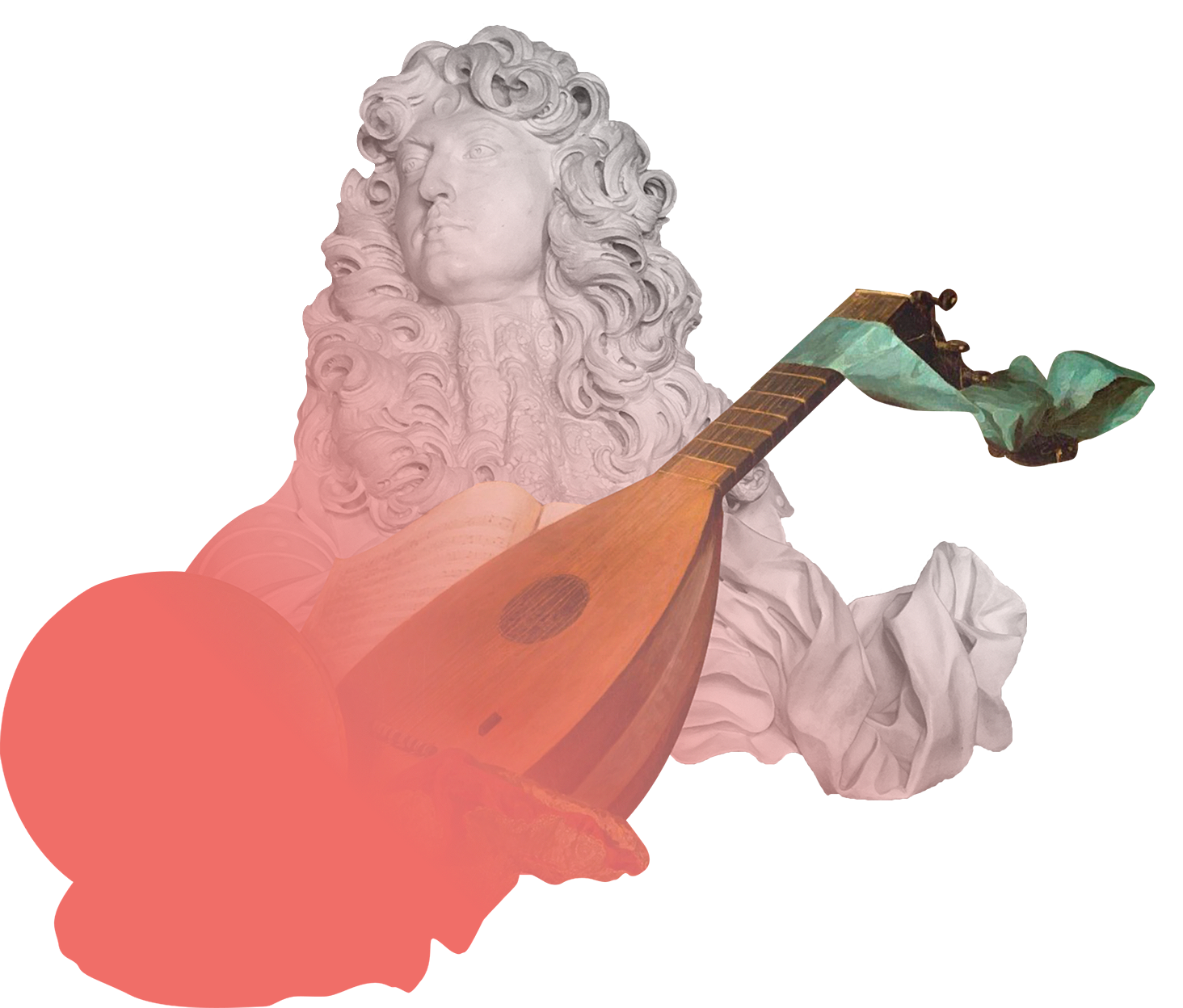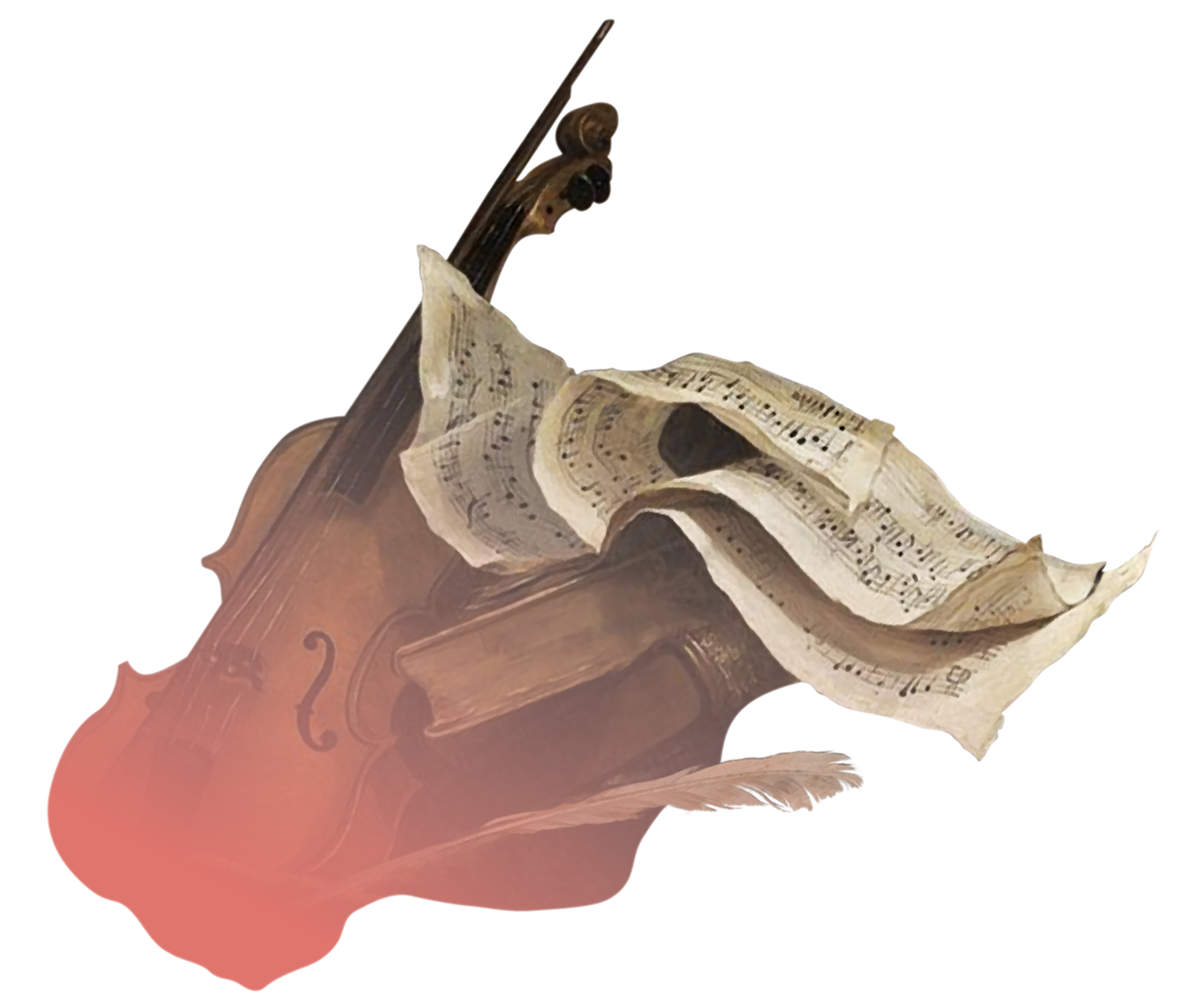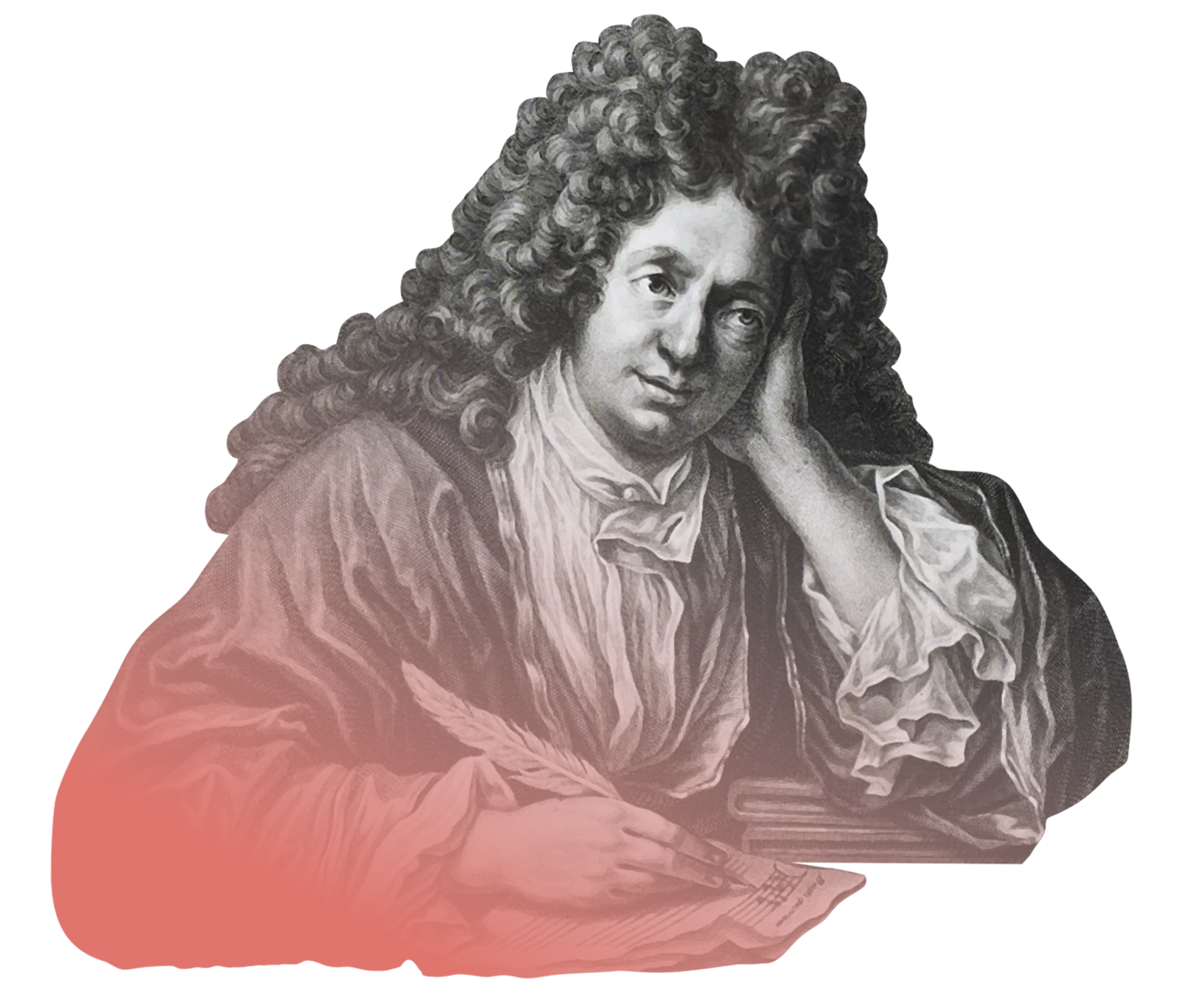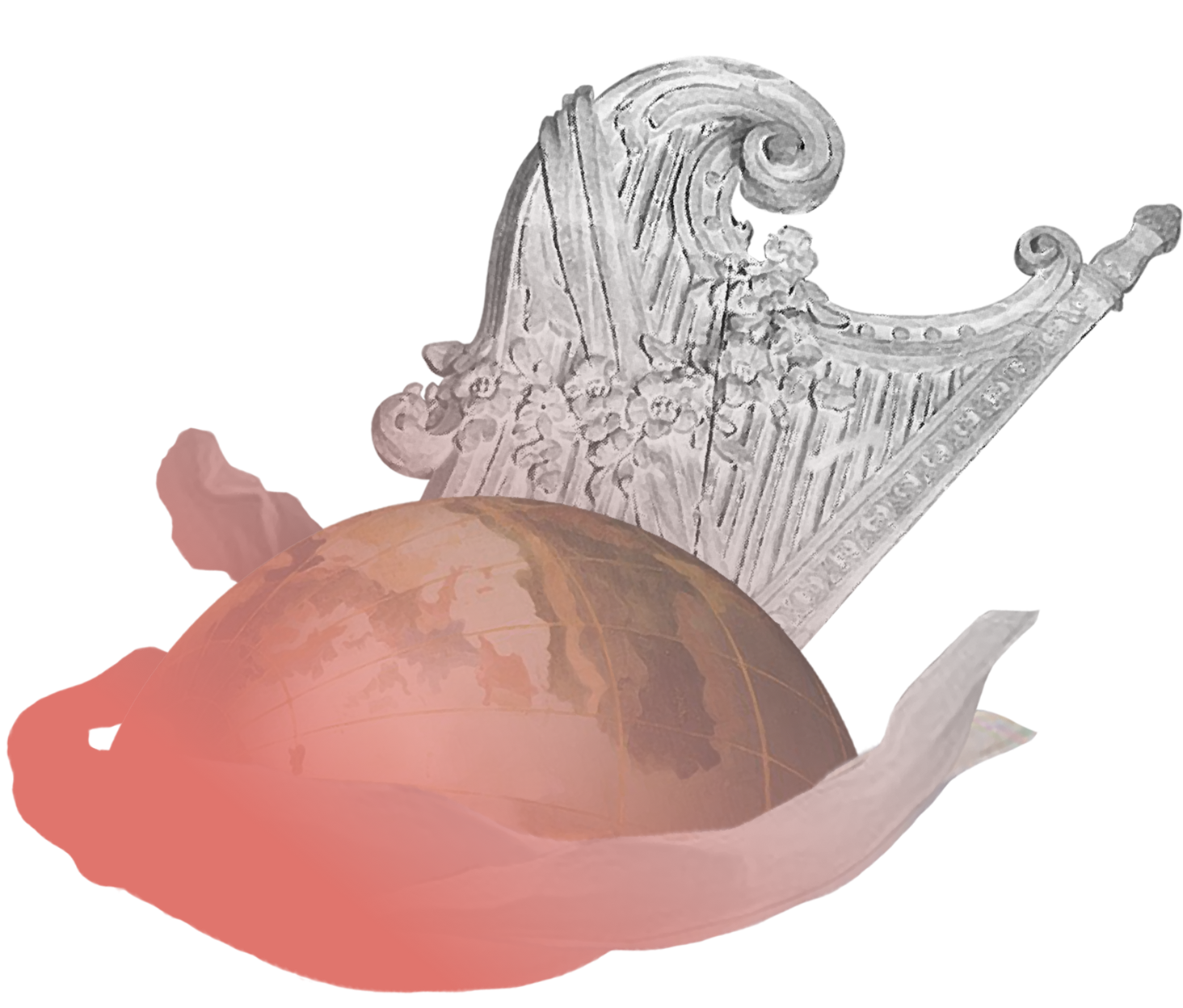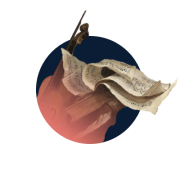-
Part One
-
Part Two
-
Part three
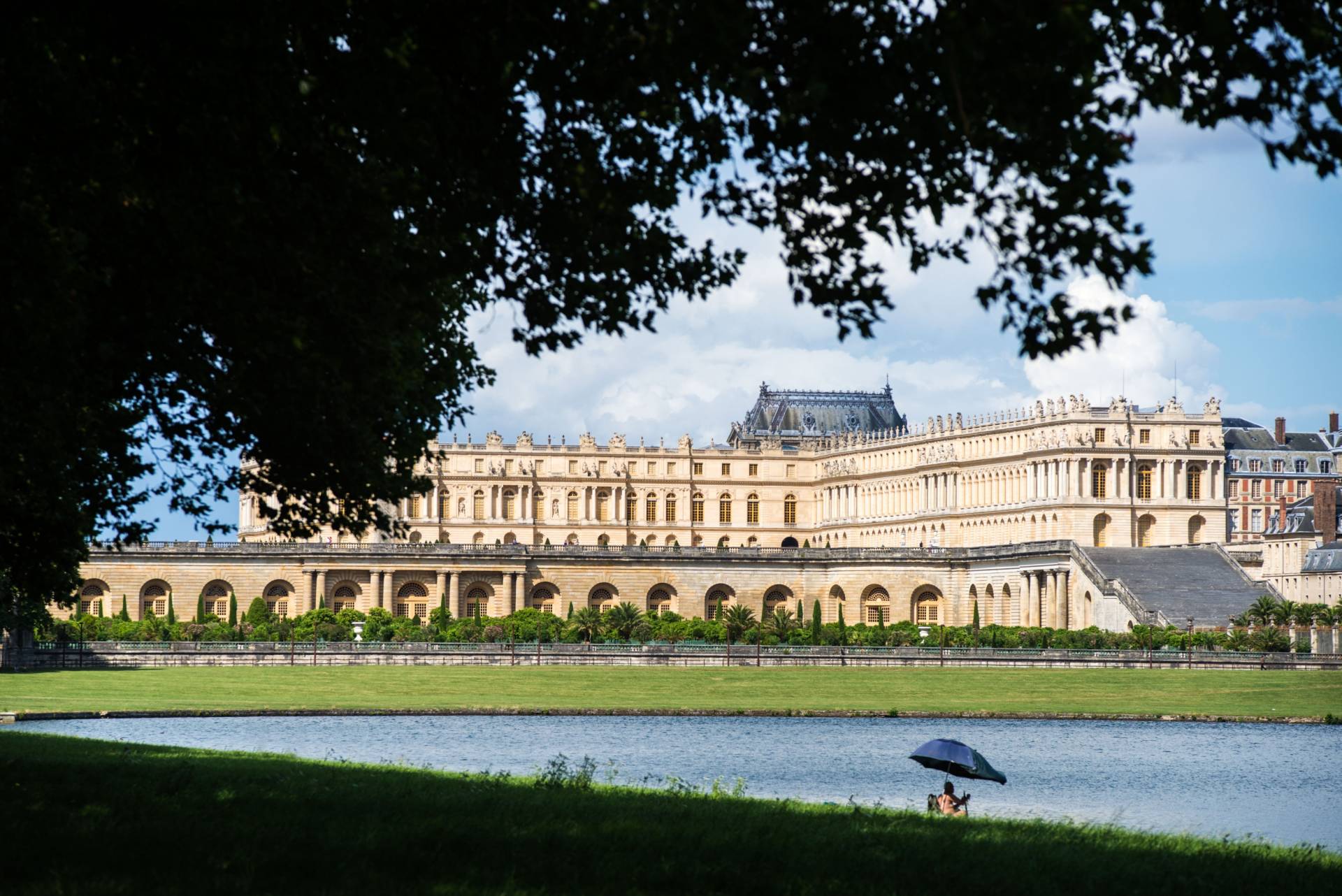
Part One
A country-wide recruitment drive
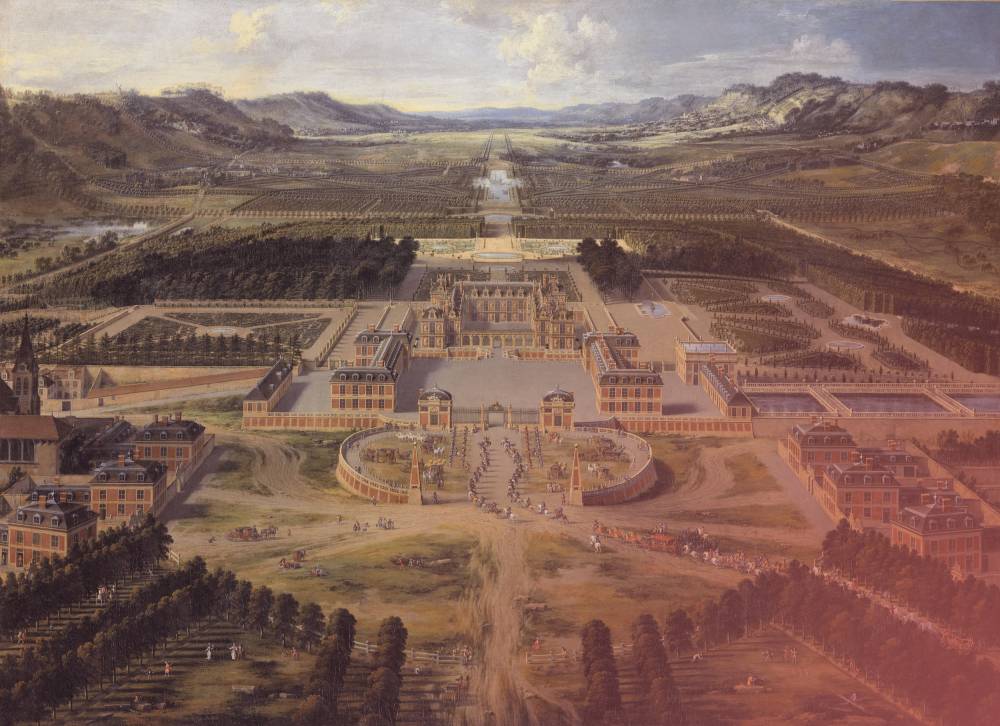
In search of the finest musicians
By the spring of 1683 all four Music Master posts at the Royal Chapel were vacant and the King sought ‘new blood’ to inspire his church music. He personally signed a letter which was sent from Versailles to every bishop in the Kingdom, who had to inform the master of music in their cathedral that a grand music contest was to take place. The best candidates were summoned to Versailles to perform one of their motets during Mass before King and court. The prize was appointment as Music Master at the Royal Chapel, an honour indeed!
Where did the 35 contestants arriving in Versailles come from?
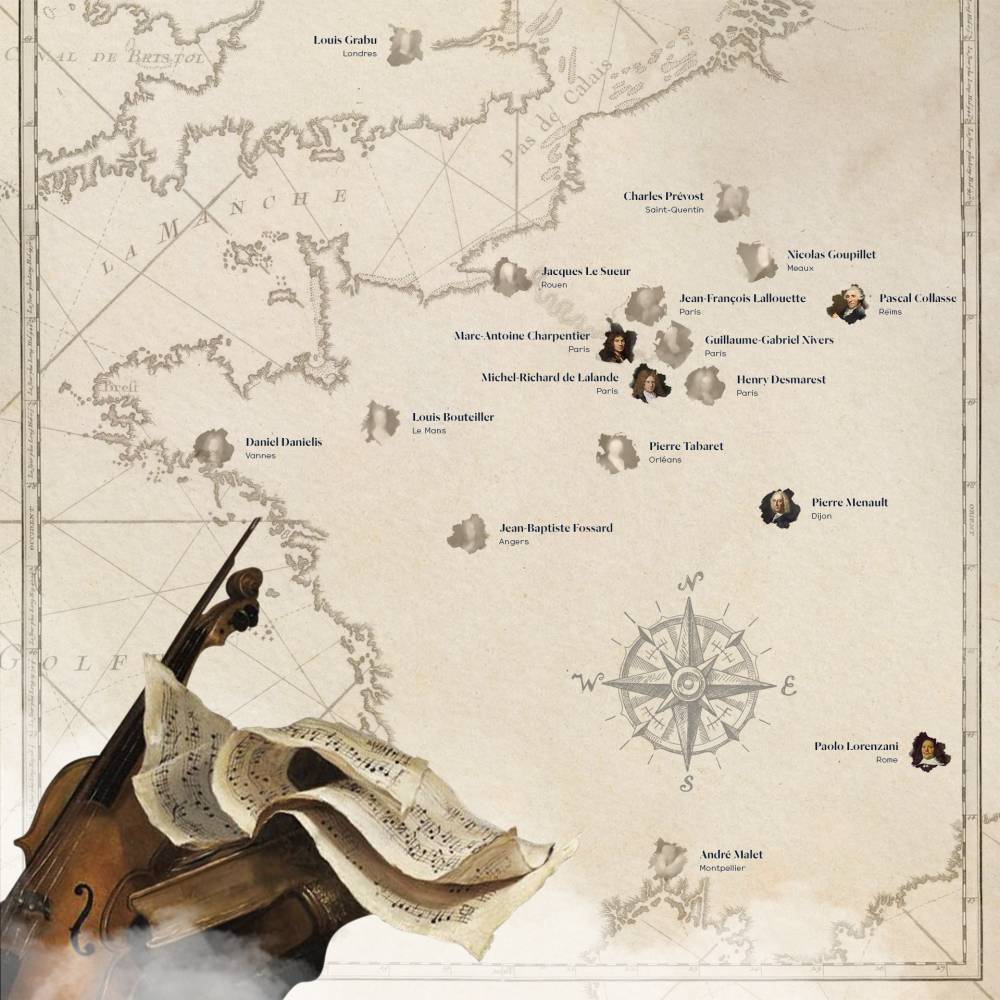
Find out more
Another much less public competition had been held five years earlier when Louis XIV recruited new organists for his chapel in 1678.
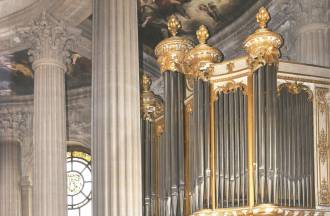
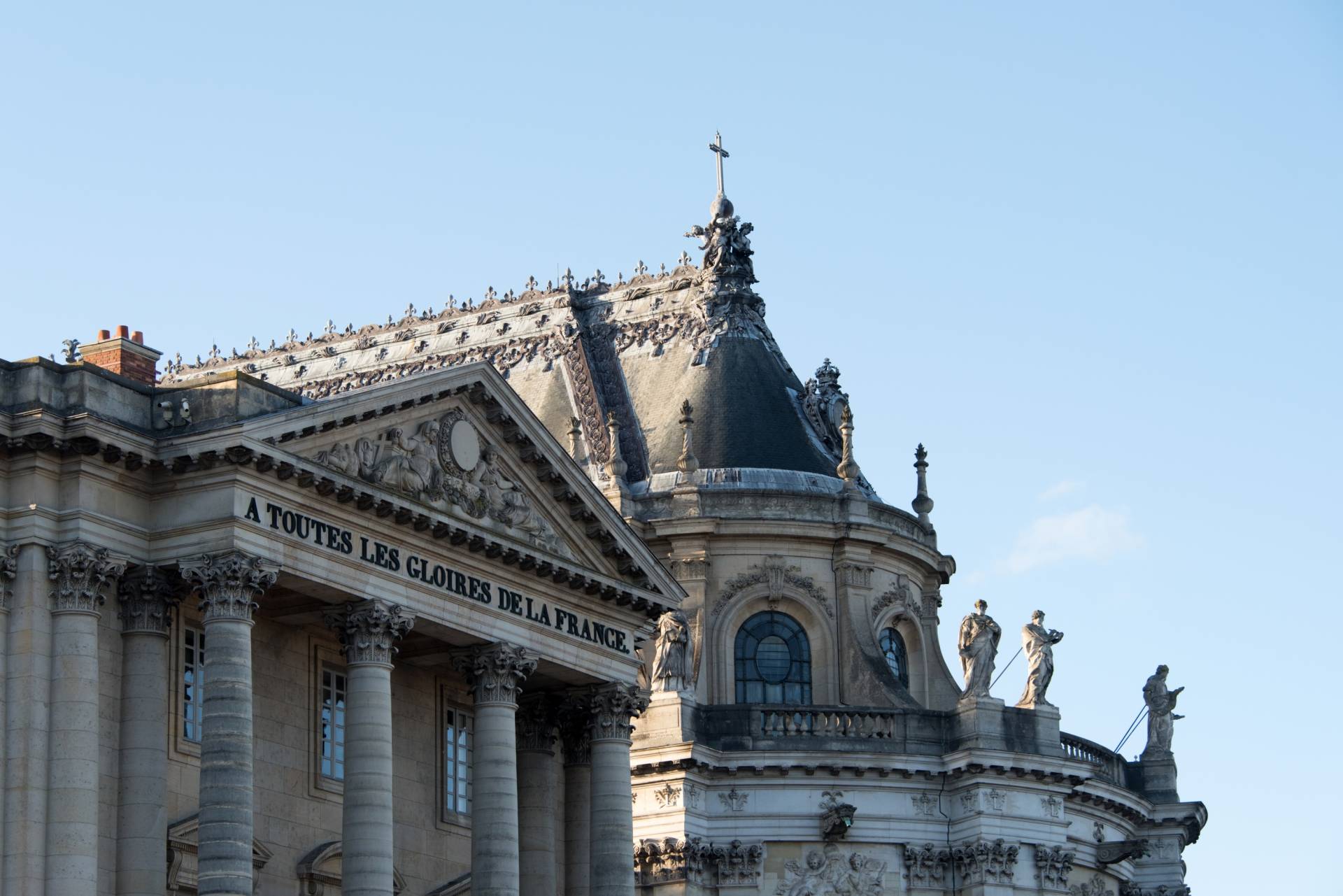
Part Two
Two rounds and imposed isolation
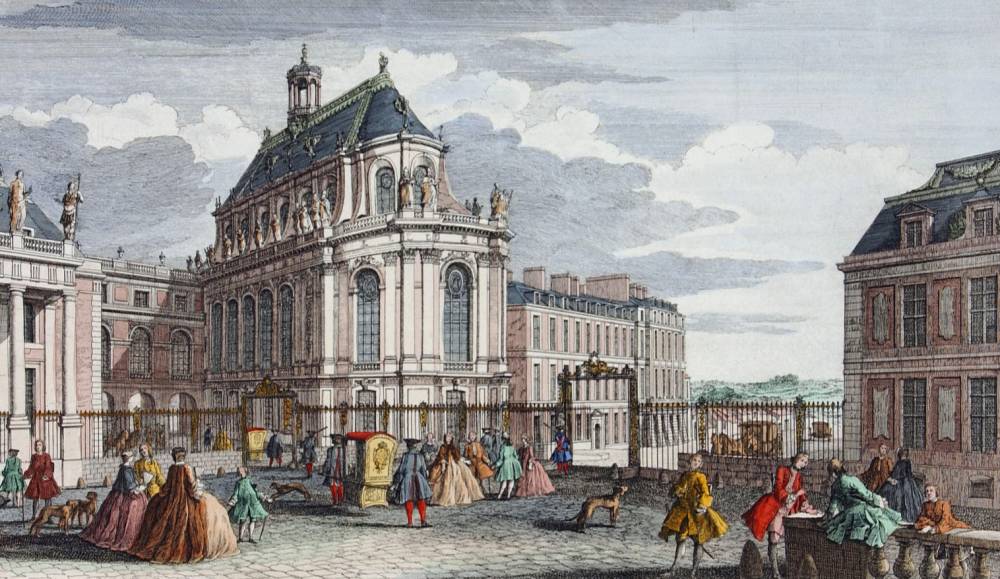
Transparency came first
The details of the contest appeared in the leading gazette of the time Le Mercure Galant. It described the enthusiastic or disappointed reaction of the court and added juicy anecdotes. It was media coverage ahead of its time, reflecting what a public event it was. To uphold Louis XIV’s image, the recruitment had to be fair and the outcome indisputable.
Two qualifying rounds
-
Round One
Trial by fire
Each candidate in turn had to conduct a motet they had composed at the King’s morning Mass in the presence of the court. It was used to identify the most talented musicians, whose music would best serve the royal Mass. They had to watch their step - the court let nothing go by!
-
Round Two
Imposed isolation
Fifteen candidates were pre-selected. To ensure that their motet was their own work the musicians were locked inside their room. They were given board and lodgings courtesy of the King, but remained in total isolation. They had six days to compose a motet based on a set psalm. Their meals were passed through a hatch. Lots were drawn to decide on the order of the auditions.

“[The musicians] who had been locked up submitted their composition to the King in a sealed envelope. The envelopes were selected at random and the works performed. When they had all been sung, the four winning composers […] were appointed Music Master.”
1683
Find out more
In 1683 Marc-Antoine Charpentier was 40 years old. Today he is one of the most famous baroque musicians. But when he entered the competition for the post of Music Master at the Royal Chapel nothing happened as planned. Let us zoom into the Charpentier affair…

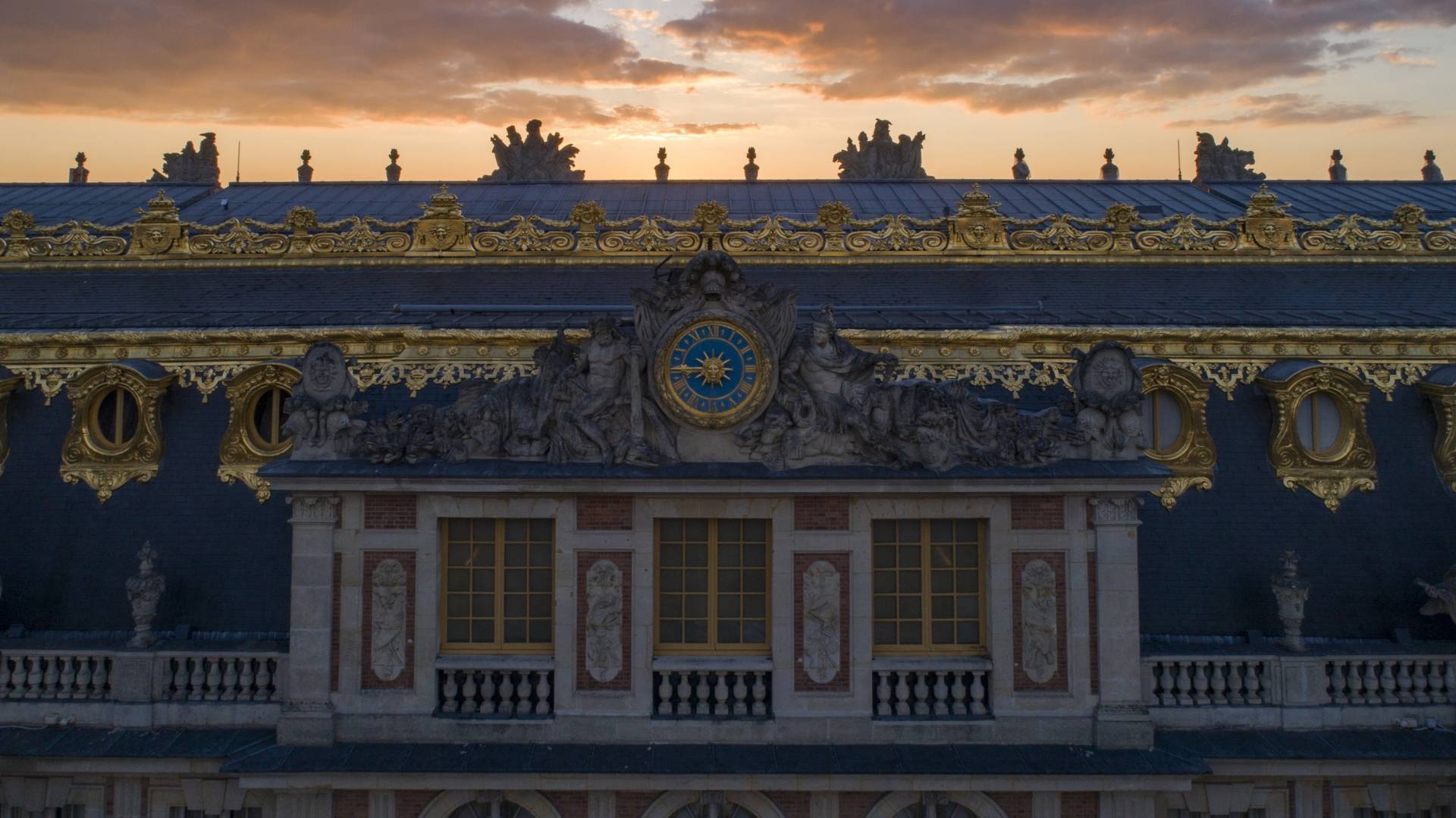
Part three
A prestigious jury
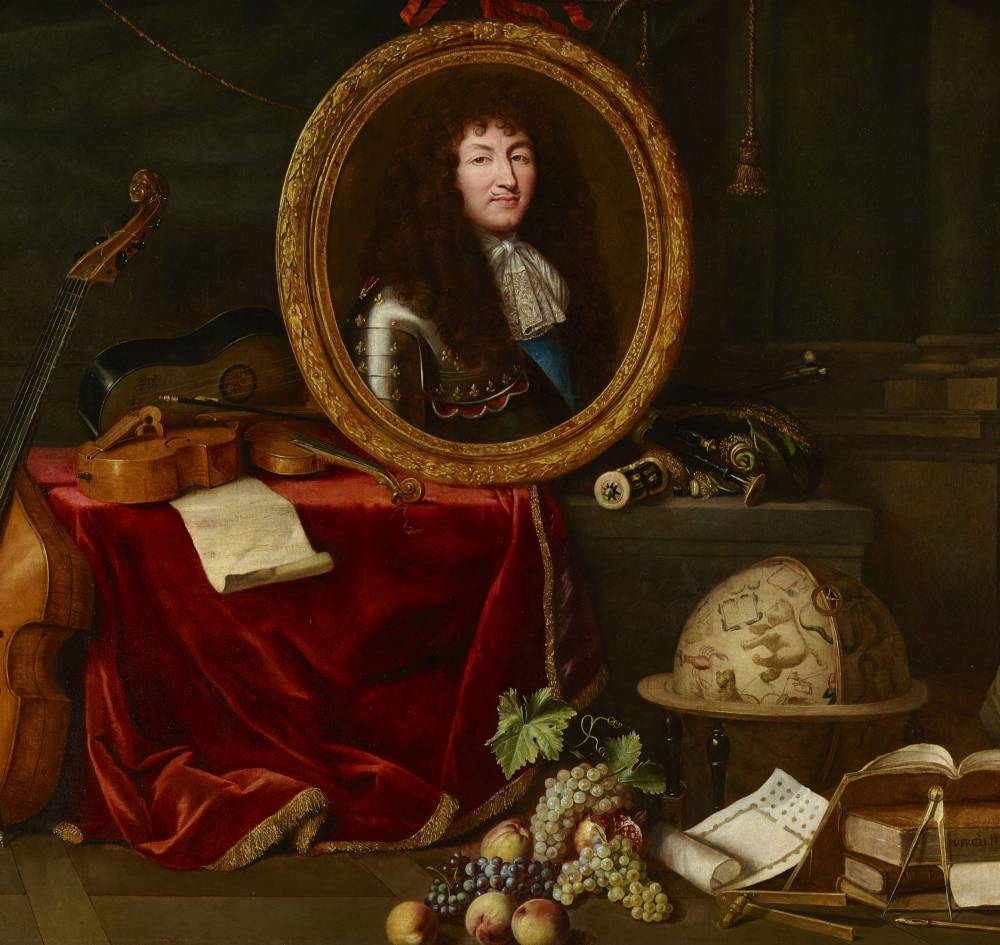
Attempts at favouritism
Louis XIV’s desire for transparency clashed with the interests of his entourage. He discussed each candidate’s qualities with several eminent figures, who all tried to place their personal protégé.
Three final decisions
-
Jean-Baptiste Lully
The highly influential Superintendent of the King’s Music backed 34 year old Pascal Collasse, his loyal disciple and assistant.
-
Pierre Robert
The outgoing Music Master backed his protégé, 33 year old Guillaume Minoret whom he had trained at the Notre-Dame de Paris chor school.
-
Jacques-Bénigne Bossuet
Writer and bishop of Meaux cathedral, he led a vigorous campaign to promote his master of music Nicolas Goupillet, then aged about 33, with the help of the Dauphine Marie-Anne-Christine de Bavière, wife of the King’s eldest son.
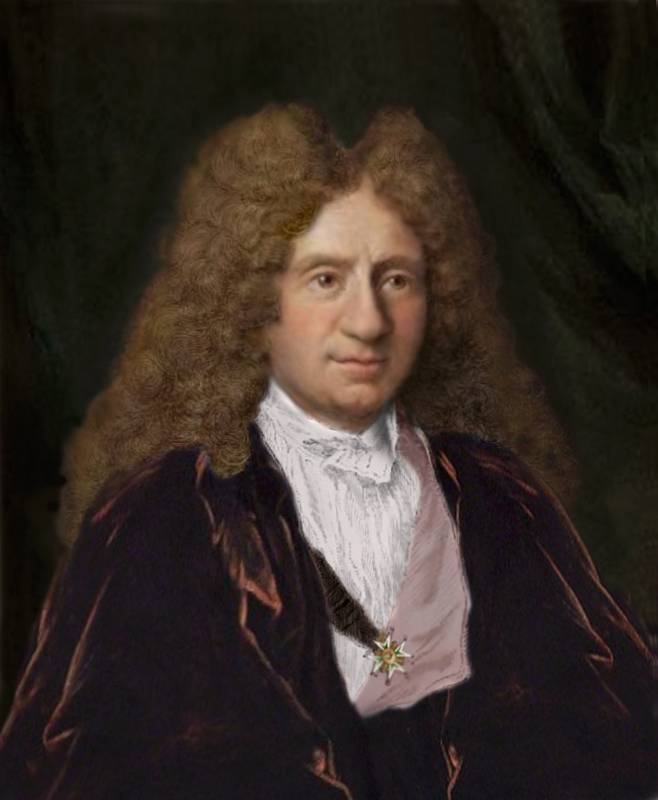
Who was Louis XIV’s favourite choice?
Appointments went to Pascal Collasse, Guillaume Minoret and Nicolas Goupillet. One place was left, and this time Louis XIV imposed his personal choice.
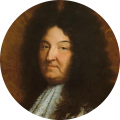
“Gentlemen, I have duly accepted those you have presented to me. It is only right that I choose one to my taste and I appoint Lalande to […] the January quarter”.
Find out more
A King’s personal choice, internal promotion and music competitions were methods used to recruit music masters for the Royal Chapel. They varied with each King, as did the musicians themselves. Let us go back in time, starting with the reign of Francis I….
